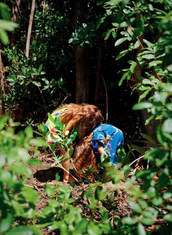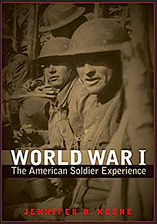New Yorker Fiction 2017
***—Excellent
** —Above Average
* —Average
 Cromwell | Rea
Cromwell | Rea “put the lipstick back into her pocket. She would keep the gold cartridge of it long after the makeup inside was gone and only a sweet waxy smell of her mother remained” (74)
Photograph by Rose Cromwell
NEXT TIME: My Book World

















 RSS Feed
RSS Feed